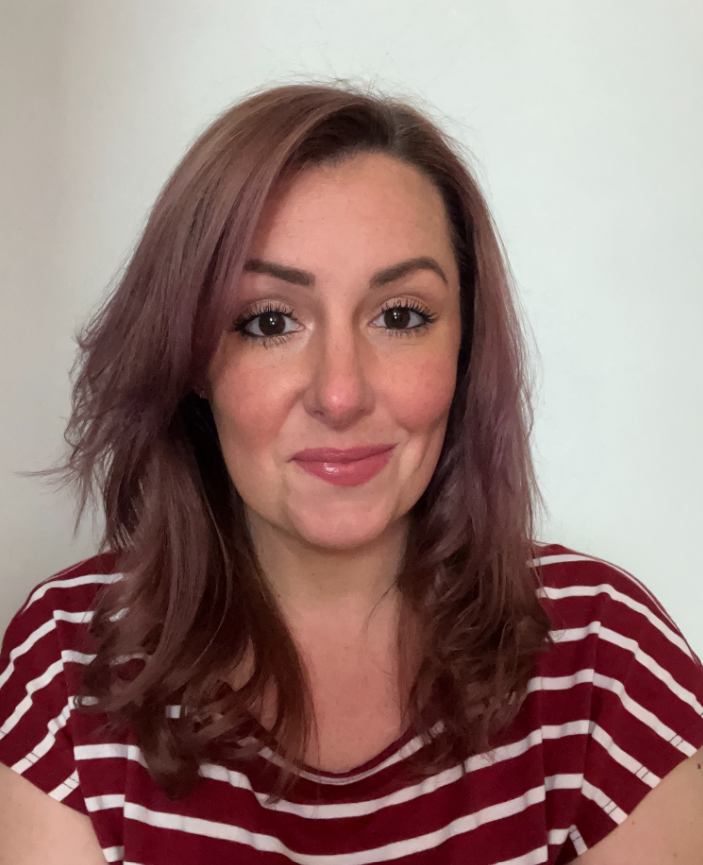 I believe in meeting individuals where they are and recognizing their unique stage of change, which is often fluid rather than linear. I see the person first, not their diagnosis or decisions. My goal is to help them understand their situation while providing the skills and resources needed to lead a healthier, better life by their own definition. It’s crucial to assure them they are not alone, they will not be judged, and I am here to help. They are the true experts on their own lives and selves.
I believe in meeting individuals where they are and recognizing their unique stage of change, which is often fluid rather than linear. I see the person first, not their diagnosis or decisions. My goal is to help them understand their situation while providing the skills and resources needed to lead a healthier, better life by their own definition. It’s crucial to assure them they are not alone, they will not be judged, and I am here to help. They are the true experts on their own lives and selves.
I completed both my undergraduate degree in Psychology and my Masters degree in counseling Psychology at Chatham University. I have had a wide range of experience while working in the field the last 15 years. I started my career out doing family-focused therapy and in-home child and family therapy. During these roles, I worked with families involved with child services and adolescents involved in the juvenile justice system along with, their families. I transitioned from in-home therapy to working in an outpatient Suboxone treatment program where I served as a clinician and lead therapist. While working at the outpatient Suboxone program I worked with individuals that presented with a substance use disorder and/or a co-occurring diagnosis . I was educated and trained by the facility doctors on the various types of addiction medications, their uses, dosing, etc.
Following my work in the outpatient treatment facility, I began working as a clinical quality improvement associate. During this role, I helped clinicians build their skills and understanding of different approaches, techniques, and changes within the field and their daily work. A primary role was to also help staff and facilities to provide quality treatment to individuals entering treatment and throughout their course of time in treatment with a focus on individualizing care and improving treatment outcomes. I believe that an individual is an expert on their lives and that a clinician is there to guide them and support them. It is important that an individual know and see through the actions and words of the clinician that they are not alone nor judged. As a clinician, I believe that I am there to guide an individual by provide understanding and skills to help them improve their quality of life. I believe in meeting an individual where they are at and having a collaborative relationship with them to help them create goals that they would like to work on while in treatment.
